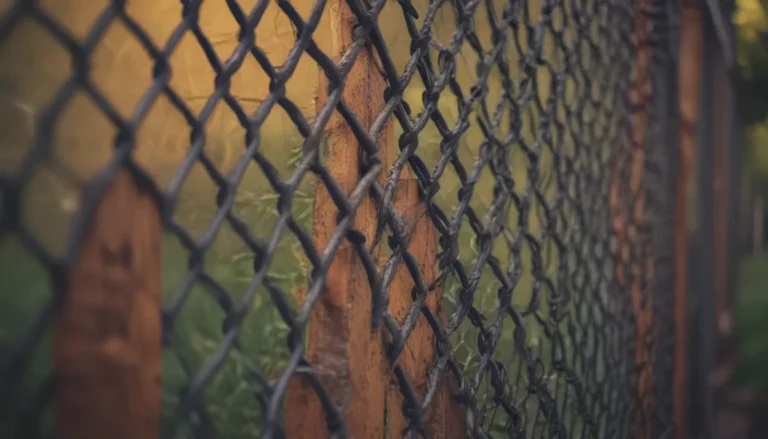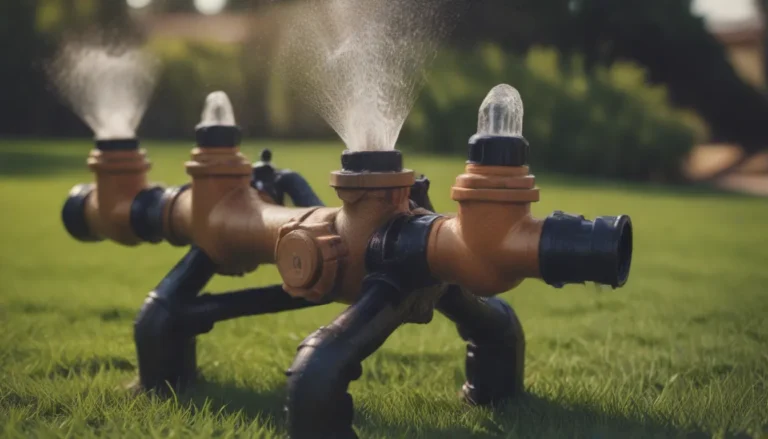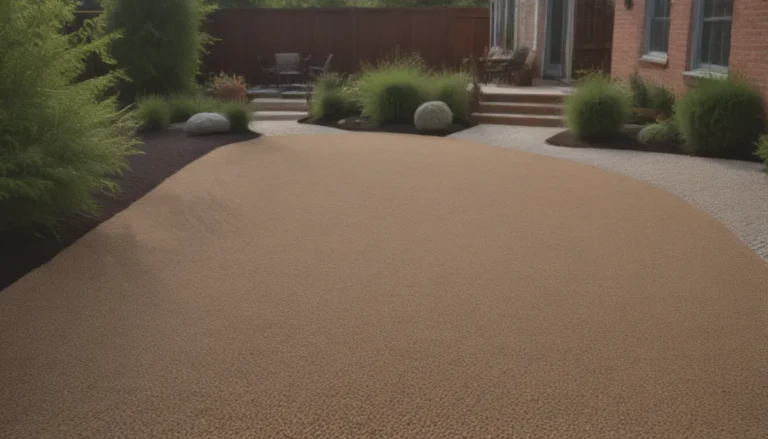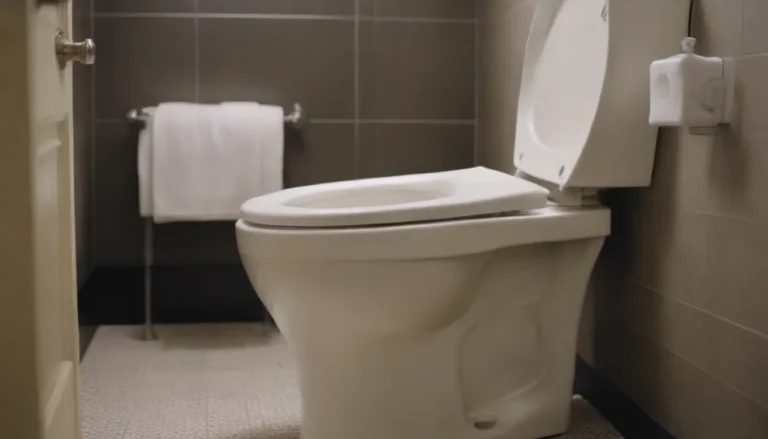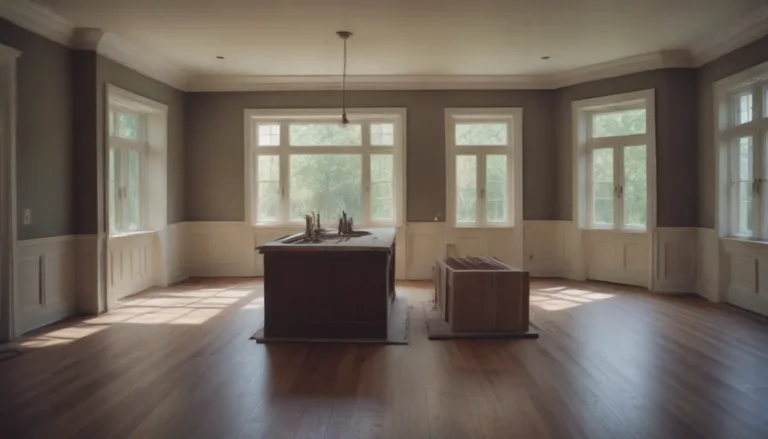Vinyl Flooring vs. Tiles: Which is Best for Your Home?
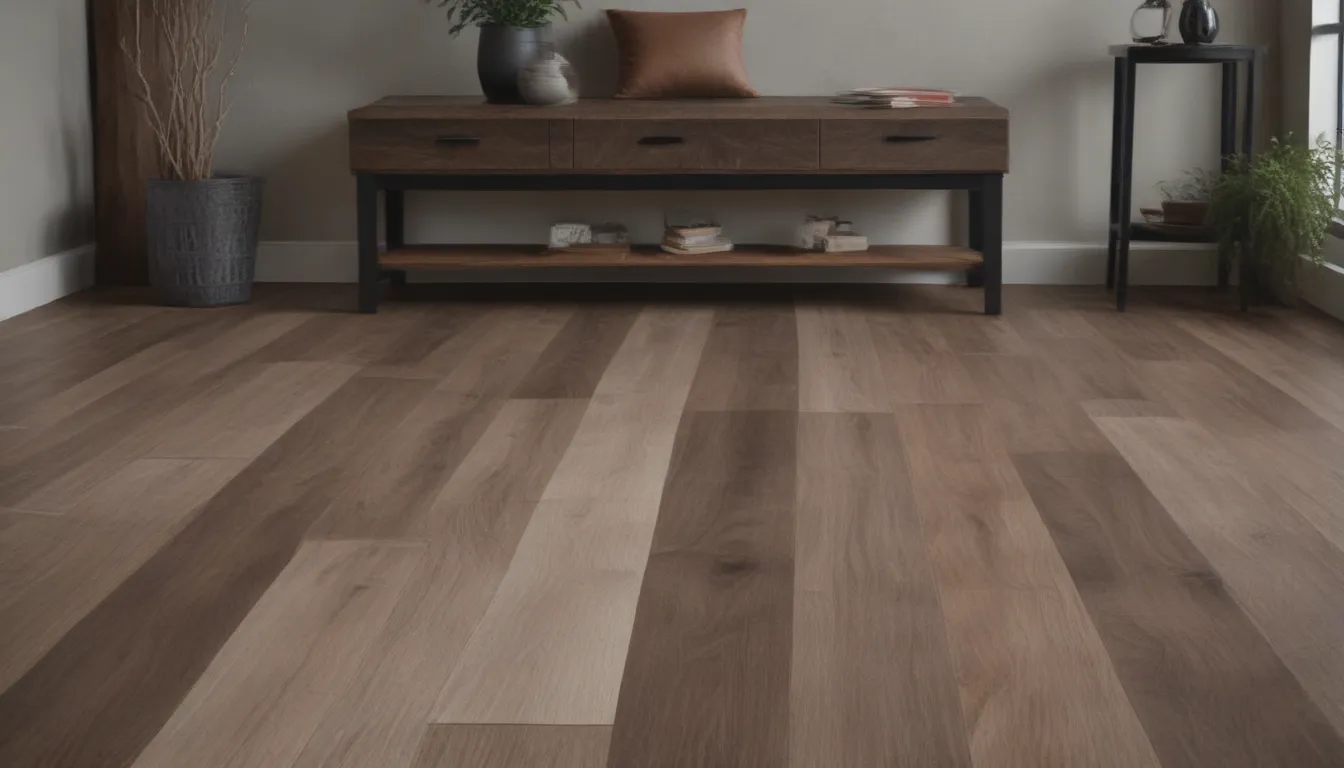
When it comes to choosing the right flooring for high-traffic areas or rooms prone to moisture, homeowners often find themselves torn between vinyl tile and ceramic tile. Both options offer excellent moisture resistance and stain resistance, but they differ in terms of appearance, durability, maintenance, and cost. To help you make the right choice for your home, let’s dive deeper into the differences between vinyl tile and ceramic tile.
Vinyl Tile vs. Ceramic Tile: A Closer Look
- Vinyl Tile:
- Made from PVC plastic with a felt or fiberglass backing layer.
- Can mimic the look of wood, stone, or ceramic tile.
- Comes in standard vinyl tiles, composite tiles, and luxury vinyl tiles (LVT).
- Ceramic Tile:
- Made from natural earth clays mixed with other materials.
- Glazed and fired in ovens for added durability.
- Includes porcelain tiles, known for their hardness and resilience.
Appearance
- Vinyl Tile:
- Offers a wide array of colors and styles.
- Can mimic the look of ceramic or stone tile, but the difference is noticeable.
- Ceramic Tile:
- Available in various colors and styles, including designer options.
- Known for its attractive choices as a designer flooring material.
Best for Appearance: Ceramic Tile
Water and Heat Resistance
Both vinyl and ceramic tiles are waterproof, but they differ in terms of heat resistance and vulnerability to moisture seepage.
- Vinyl Tile:
- Immune to water damage but vulnerable to heat, which can cause melting or scorching.
- Ceramic Tile:
- Impervious to water damage and heat.
Best for Water and Heat Resistance: Ceramic Tile
Care and Cleaning
Both flooring options are easy to clean, but maintenance requirements differ slightly.
- Vinyl Tile:
- Easy to clean with minimal seams and embossing.
- Ceramic Tile:
- Grout lines may require occasional scrubbing with a grout cleaner containing bleach.
Best for Care and Cleaning: Vinyl Tile
Durability and Maintenance
- Vinyl Tile:
- Expected lifespan of 10-20 years.
- Susceptible to scratches but easy to replace damaged tiles.
- Ceramic Tile:
- Lifespan of 40 years or more.
- Requires resealing grout lines every few years.
Best for Durability and Maintenance: Ceramic Tile
Installation
- Vinyl Tile:
- Can be installed using glue-down or self-adhesive methods.
- Ideal for DIY installation, especially luxury vinyl planks.
- Ceramic Tile:
- Requires thin-set adhesive for installation.
- Labor-intensive but doable for DIYers.
Best for Installation: Vinyl Tile
Cost
- Vinyl Tile:
- More affordable than ceramic tile, especially self-adhesive options.
- Ceramic Tile:
- Prices vary but generally higher than vinyl tile.
Best for Cost: Vinyl Tile
Lifespan
- Vinyl Tile:
- Lifespan of 10 years on average.
- Ceramic Tile:
- Lifespan of 40 years or more.
Best for Lifespan: Ceramic Tile
Environmental Considerations
- Vinyl Tile:
- Contains toxic chemicals that do not break down easily.
- Ceramic Tile:
- Environmentally friendly with no toxic components.
Best for the Environment: Ceramic Tile
Sizes
- Vinyl Tile:
- Typically square in shape, ranging from 9 to 18 inches across.
- Ceramic Tile:
- Available in various shapes and sizes, offering more options.
Best for Sizes: Ceramic Tile
Resale Value
- Vinyl Tile:
- Generally seen as economy flooring.
- Ceramic Tile:
- Offers a higher return on investment, especially with designer options.
Best for Resale Value: Ceramic Tile
Comfort and Sound
- Vinyl Tile:
- Slightly more comfortable and quiet underfoot than ceramic tile.
- Ceramic Tile:
- Known for being cold unless installed over radiant floor heating.
Best for Comfort and Sound: Vinyl Tile
In conclusion, while vinyl tile may be a cost-effective and easy-to-install option, ceramic tile stands out in terms of appearance, durability, and long-term value. Whether you prioritize budget, aesthetics, or longevity, understanding the differences between these flooring options will help you make an informed decision for your home.
